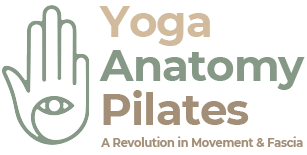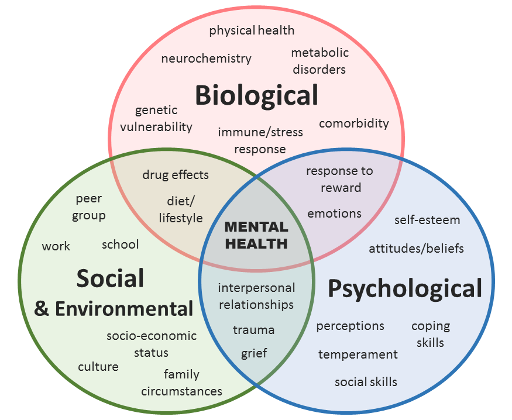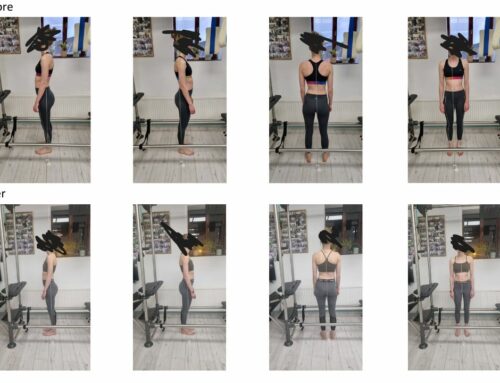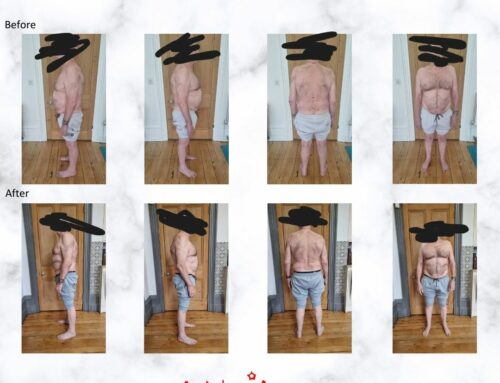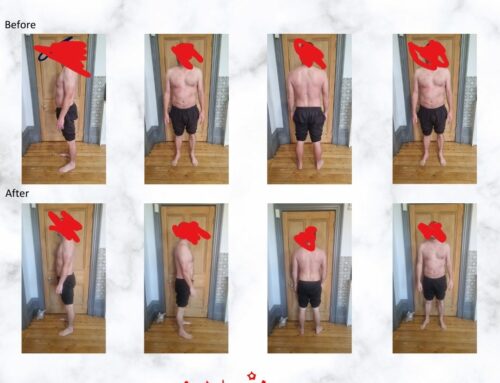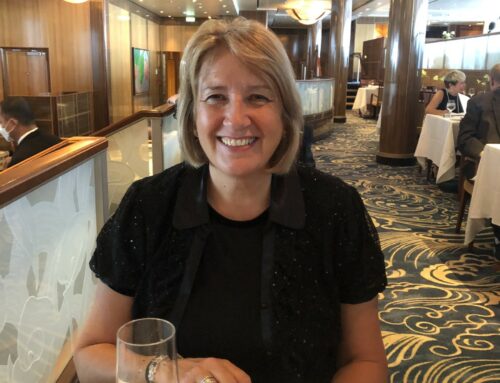As 2023 approaches, we all have New year’s resolutions in our bodies, business, relationships and careers. My experience is that most of the decisions we make are not sustained long term. The hardest resolution to change is always health related. If we do not have our health, how can we improve our energy, our emotions, our relationships with the self and others, our outcomes and our business?? The estimate is that less than 10% of New Year’s resolutions are actually achieved (University of Scranton Psychology Professor John C. Norcross, PhD).
The information out there is contradictory and usually biased. A client of mine has recently took part in a study and was presented with the NHS ‘Eat Well Plate’. The plate and outside tips seen below are full of inflammatory, fast, low fat, diet and processed foods which take us further away from our goals rather than towards it. Our ultra processed foods are driven by the elephant in the room and count for over half of the British calorie intake. If we want to tackle health and our body, we have to stop purchasing from the food industry and put pressure on them to stop making toxic foods so addictive.
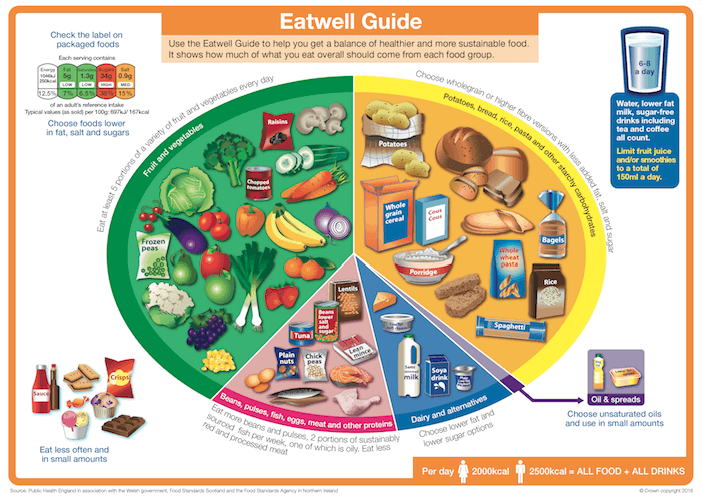
World Health Organization Constitution states: “Health is a state of complete physical, mental and social well-being and is not merely the absence of disease or infirmity” (World Health Organization, 1946).
Sadly, consumerism is not interested in health; we don’t make money from healthy people. We are addicted to products that make us feel and look good instantly, addictive foods that inflame us, lifestyles that keep us repressed and lack of energy. We are living in symptoms of system failures.
What prevents us from long lasting health is fear!
Fear is a psychological phenomenon which inhibits our ability to think clearly and live in what I call wilful blindness. We turn a blind eye to the truth of our habits, choices and media democracy in order to feel safe, avoid conflict amongst family, friends and work peers, reduce anxiety and protect our fragile egos.
The definition of public health is: “The science and art of promoting health preventing disease and prolonging life through organised efforts of society” (adapted from Gostin University of California, press and Millbank memorial fund, 2nd edition, 2008).
Breaking the story
Stephen Hawkins talked about the illusion of knowledge. Is what we are doing every day, week, month and year actually working? We are definitely living longer, but in poorer health. We can improve our outcomes with our choices. We first have to establish what our core values are.
Everyone has stories about themselves that drive their behaviour. These stories come from our unconscious mind. You have an idea of who you are and what’s important to you. Essentially you have a “story” operating about yourself at all times. These self-stories have a powerful influence on decisions and actions. Whether you realise it or not, you make decisions based on staying true to your self-stories. You strive to be consistent. You want to make decisions that match your idea of who you are. When you make a decision or act in a way that fits your self-story, the decision or action will feel right. When you make a decision or act in a way that doesn’t fit your self-story you feel uncomfortable. We can change our unconscious mind by practicing new habits, by exposing ourselves to new environments, learning different skills, or by mixing with a different peer group. Having empathy and compassion for each other is the first step.
Aristotle says: “Give me a child until he is 7 and I will show you the foundations of the man”. This is because of the manurable theta waves which are greatly moulded and influenced at the ages of 0-7 years . However, Dr.Bruce Lipton, plus many others have gone on to talk about epigenetics and how we can change our genes by changing our environment , our habits and our thoughts. Social and economic factors have the biggest impact on health.
The bio psychosocial model (above) is the biggest driver of dis-ease.
Only 14% of clinicians will discuss die and lifestyle as an intervention to discomfort and disease. Excess body fat is sub-straight for body inflammation and this in turn dysregulates the immune system.
Science is constantly evolving and changing. The biggest contributor to the economy is the food companies. Sadly the NHS ‘Eat Well Plate’ is manipulated by food companies as a client recently found out.
So as you get ready to start your New year resolutions, look at what you can say No to rather than saying yes.
As Plato said, we need four virtues in order to nurture ourselves :
- Wisdom
- Courage
- Moderation
- Justice
Bibliography
Podcasts – Paul Chek, Broken Brain
Influencers- Lee Brandon, Paul Mort, Dr.Aseem Malhotra, Dr.Rangan Chatergee, Dr. Rupy Aujla
